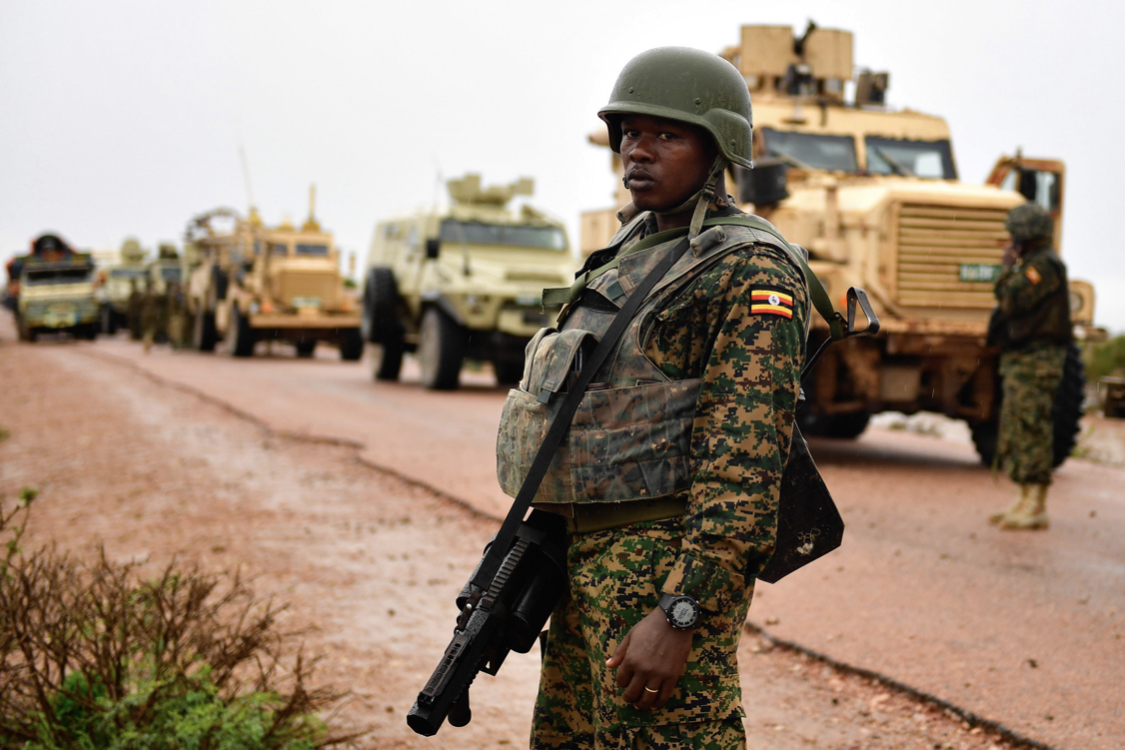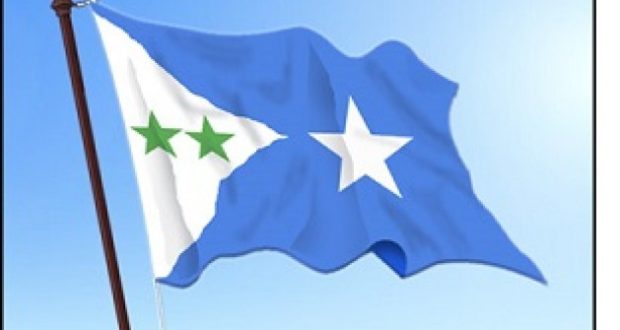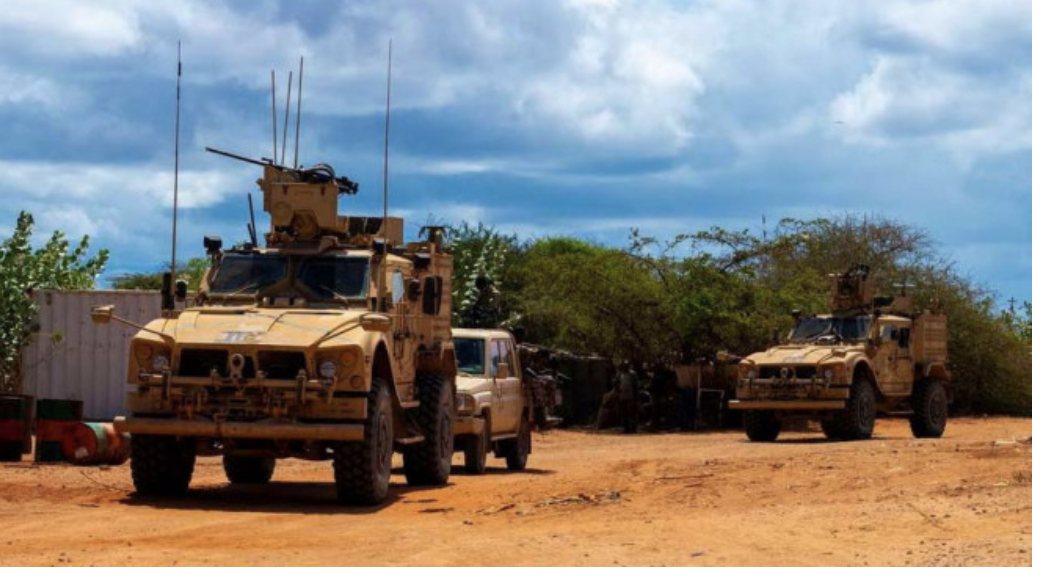The mandate and capacity of a new operation should allow robust engagement to deal with underlying political conflicts, The African Union Mission in Somalia (AMISOM) has supported that country’s government in the fight against al-Shabaab for the past 15 years, The operation was due to end in December 2021, and an agreement has finally been reached on what appears to be simply a name change and extension of the existing mandate…
The African Union (AU), United Nations (UN) and Somali government decided that on April 1, AMISOM will be replaced by the AU Transition Mission in Somalia (ATMIS). The new mission will operate until the end of 2024, after which all responsibilities will be handed to the Somali Security Forces. ATMIS’ capacity of around 18,000 troops, 1,000 police and 70 civilians mirrors its predecessor, as does much of its mandate.
So has anything changed that can help stabilise Somalia?
AMISOM’s work started in March 2007, to degrade al-Shabaab and build the capacity of the Somali Security Forces, military and police so that the mission could eventually withdraw in 2021. The exit did not happen though, as the security threats that necessitated the deployment in the first place, continue.
To determine AMISOM’s future, the AU and UN conducted independent assessments last year, and various options were proposed. An agreement was needed on a new mission’s mandate, composition, size, strategic and specific objectives and tasks of the military, civilian and police components.
Somalia’s government wants ATMIS to focus on implementing the Somalia Transition Plan. The plan was developed in 2018 to transfer security responsibilities from AMISOM to the country’s security forces. It was recently revised and will be carried out over the next three years. The AU and UN agreed with this approach. Bankole Adeoye, AU Commissioner for Political Affairs, Peace and Security, said ATMIS’ stabilisation and state-building objectives would fully align with the Somalia Transition Plan.
The AU Peace and Security Council outlined a mandate for the new mission that included degrading al-Shabaab and other terrorist groups, providing security, developing the capacity of the security forces, justice and local authorities, and supporting peace and reconciliation. The UN Security Council is expected to approve the mandate and authorise ATMIS at its 30 March meeting.
Increasing attacks by al-Shabaab is another major challenge, Many assaults were reported in the past few months, with recent strikes in Mogadishu and Beledweyne resulting in over 53 deaths. Despite actions by AMISOM and the Somali Security Forces, the group still controls large territories in South and Central Somalia, and attacks are increasing.




